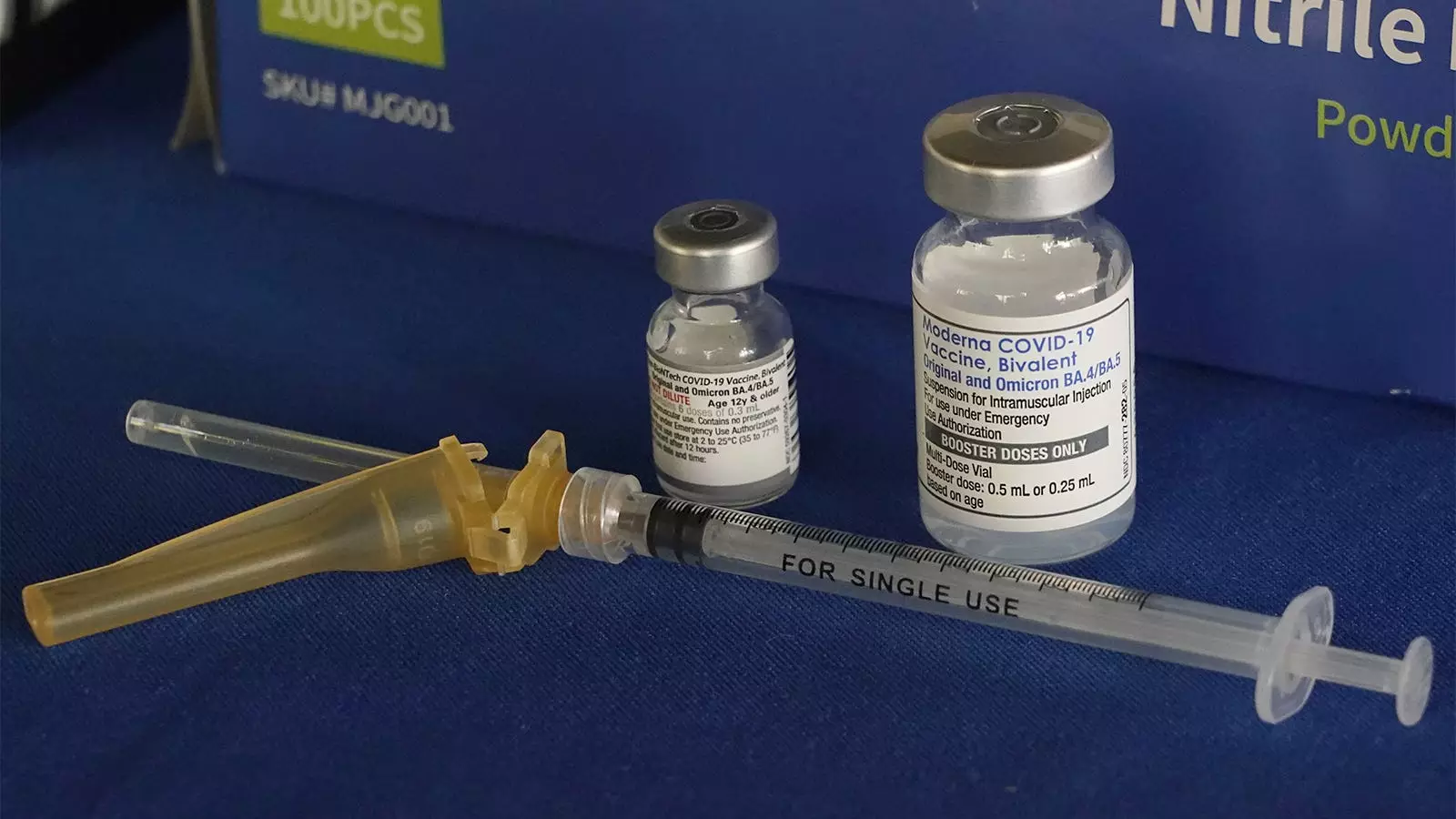In an unprecedented move, a public health department in Idaho has halted COVID-19 vaccinations across six counties, marking a significant departure from the norm. The decision made by the Southwest District Health (SDH) board, which narrowly passed with a 4-3 vote, raises eyebrows not just within the state but across the nation. This ruling places SDH in a unique position, being the first public health entity to outright ban the provision of COVID-19 vaccines, even as many others struggle with vaccine hesitancy and logistical challenges rather than banning the vaccinations themselves.
The Implications of the Decision
Understanding the implications of this ban requires evaluating the essential role that vaccinations play in public health. Vaccines are a cornerstone in the prevention of severe disease outbreaks, including COVID-19. Nevertheless, the decision comes in light of dwindling vaccination rates in the region. Historical data show that just 64 vaccinations were administered in 2024 compared to 1,601 in 2021, which suggests a significant downward trend in public interest. The situation reflects a broader trend in Idaho, known for having the highest childhood vaccination exemption rate in the United States.
Health officials across the country have noted a decline in demand for vaccines, primarily due to misinformation and public distrust. However, to completely restrict access raises serious concerns about the consequences for vulnerable populations within the district — those without adequate access to alternative vaccination options.
Public commentary during the board meeting revealed deep divides within the community. A wave of over 290 comments voiced the desire for an end to vaccine mandates and taxpayer funding of vaccines. Many speakers were prominent figures known for their anti-vaccine sentiments, further complicating the narrative surrounding the decision. The presence of individuals like Peter McCullough, a cardiologist who promotes alternative treatments like ivermectin, points to the influence of anti-vaccine rhetoric in shaping public opinion.
In stark contrast to this prevailing sentiment, Dr. Perry Jansen, the medical director of SDH, urged the board to reconsider, emphasizing the critical nature of the COVID-19 vaccines in safeguarding public health. His argument underscored a key distinction: the importance of informed medical judgment, rather than a blanket refusal based on public opinion. The emotional weight of his appeal illustrated the potential consequences, as the most vulnerable members of the community, including the homeless and those living in long-term care facilities, may now be deprived of necessary resources.
Board Chairman Kelly Aberasturi reflected the complexities facing health governance in a polarized public health landscape. While expressing skepticism about the COVID-19 vaccines, he also acknowledged a failed understanding among board members regarding the needs of marginalized populations. Those lacking stable housing or healthcare access are often overlooked in policy decisions, which can lead to long-lasting negative impacts on community health.
Aberasturi’s mixed sentiments highlight an ongoing tension within public health leadership: the necessity of balancing scientific guidelines with public sentiment and personal beliefs. This tension raises crucial questions about the responsibility of public health officials in safeguarding vulnerable populations while navigating a landscape fraught with misinformation and fear.
Broader Consequences for Public Health
What does this decision signify for public health initiatives more broadly? The cessation of COVID-19 vaccine administration in Idaho opens the door for further restrictive measures in other regions. As other states grapple with similar challenges of vaccine hesitancy and misinformation, they might view this Idaho decision as a template for their approach.
The implications extend beyond COVID-19 to the realm of all vaccinations and public health measures. If boards and councils are swayed by vocal anti-vaccine advocates, we may see a rollback of public health measures more broadly — endangering the viability of essential childhood vaccinations and other necessary health interventions.
The decision by Southwest District Health to stop offering COVID-19 vaccines is emblematic of a larger struggle within the public health community: reconciling scientific evidence with community needs and beliefs. While the board’s argument emphasizes individual choice and alternative vaccination routes, it potentially jeopardizes the health of those who lack such access.
There is a pressing need for continued dialogue and action, aimed at addressing the barriers that vulnerable populations face in accessing vaccines. As public health officials work to navigate this evolving landscape, the emphasis must remain on fostering robust and equitable vaccination programs to ensure health equity for all residents. This situation serves as a clarion call for better understanding, community engagement, and responsible governance that prioritizes public health over political or personal agendas.

Leave a Reply